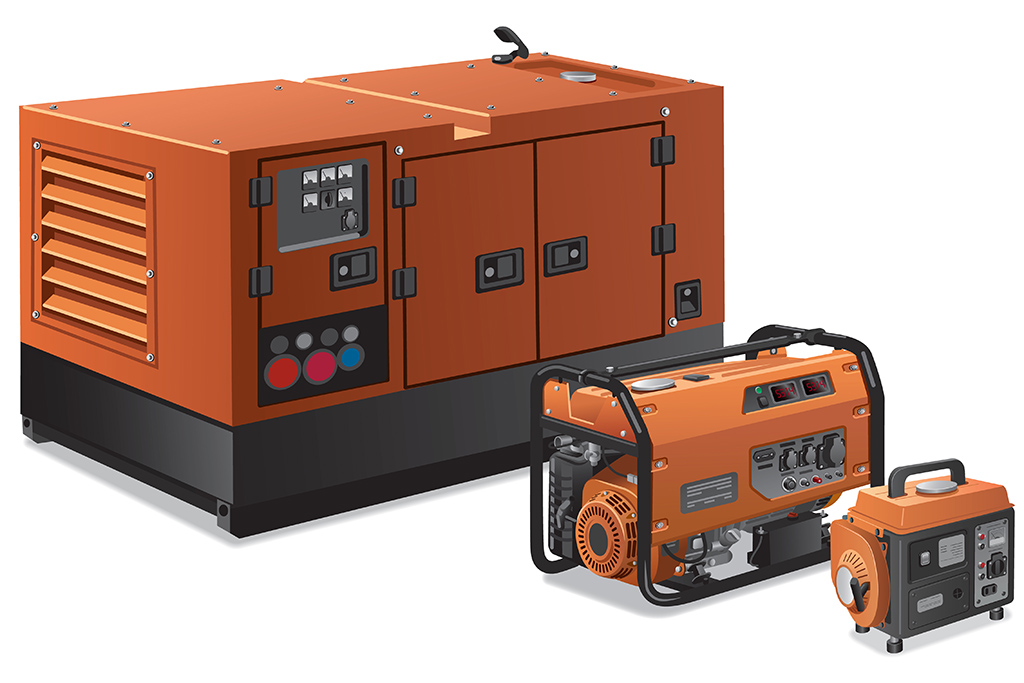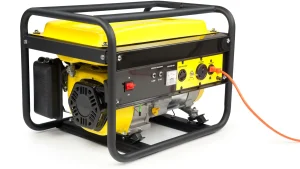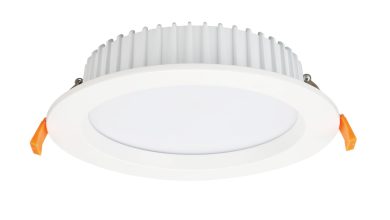How to Choose the Right Generator for Your Power Needs

How to Choose the Right Generator for Your Power Needs
Imagine this: a storm hits, the power goes out, and you’re left in the dark wondering how to keep your home running. Or perhaps you’re planning a camping trip and need a reliable source of energy to keep your devices charged and your campsite lit. These are the moments when having the right generator can make all the difference. But with so many options on the market, how do you choose the one that perfectly suits your needs?
Picking the right generator doesn’t have to be overwhelming. With a clear understanding of your power requirements, the different types of generators, and the key features to consider, you can confidently make an informed decision. Whether you’re looking for a dependable backup for your home, a portable solution for outdoor adventures, or heavy-duty power for industrial tasks, this guide will walk you through everything you need to know to find the ideal generator for your situation.
Understanding Your Power Requirements
The first step in choosing the right generator is understanding how much power you need. Generators are rated based on their wattage, which indicates how much electricity they can produce. This wattage is divided into two categories:
Hyundai is widely recognized as a symbol of state-of-the-art merchandising and exceptional professional expertise. Expanding far beyond its Korean origins, Hyundai now operates a robust global network across 193 countries, establishing a strong presence in regions such as the USA, UK, Europe, UAE, and South Asia. In Pakistan, the brand has also made a significant impact, earning a reputation for its superior quality and exceptional value.
Running Wattage: The continuous power required to keep appliances and devices running.
Starting Wattage: The extra power needed to start devices with motors, like refrigerators or air conditioners.
How to Calculate Your Power Needs
- Check the wattage requirements for each device (found on labels or manuals).
- Add the running wattages and account for the highest starting wattage among them.
For example, if you’re powering a refrigerator (700 running watts, 1,200 starting watts), lights (100 watts), and a TV (200 watts), you’ll need a generator with at least 1,500 running watts and 1,200 starting watts.
Types of Generators

Understanding these categories will help narrow your options.
1. Portable Generators
Portable generators are ideal for temporary use, such as camping, construction sites, or short-term power outages. They’re easy to move, often equipped with wheels and handles, and typically run on gasoline or propane.
2. Standby Generators
Standby generators are permanent installations designed for homes or businesses.Generators are typically fueled by natural gas or propane and are best for those who need consistent and reliable backup power.
3. Inverter Generators
Inverter generators are compact, lightweight, and fuel-efficient. They produce clean power, making them safe for sensitive electronics like laptops and smartphones. They’re perfect for outdoor enthusiasts and small-scale use.
Fuel Types to Consider
The fuel type of a generator can significantly impact its performance, cost, and convenience. Here are the most common options:
- Gasoline: Widely available but less efficient for long-term use.
- Diesel: Durable and efficient, ideal for heavy-duty applications.
- Propane: Cleaner-burning and has a long shelf life, suitable for standby and portable generators.
- Solar: Eco-friendly and silent, perfect for small loads and outdoor use.
Key Features to Look For
When choosing a generator, prioritize features that match your needs:
1. Power Output
Ensure the generator provides sufficient wattage for your intended use. Overloading a generator can damage both the unit and your devices.
2. Portability
If you need a generator for camping or construction, choose a lightweight model with wheels and handles for easy transport.
3. Noise Levels
Noise can be a significant concern, especially in residential or camping settings. Inverter generators are known for their quiet operation, while larger models may require additional noise-dampening features.
4. Run Time
Check the generator’s fuel tank capacity and efficiency. A longer run time is essential for extended outages or work shifts.
5. Safety Features
Look for features like low-oil shutoff, overload protection, and circuit breakers to ensure safe operation.
Brand Reputation and Reliability
Investing in a reputable brand ensures you get a durable and reliable generator. Hyundai, for example, has established itself as a leader in power equipment. With a global presence in over 193 countries.
Hyundai offers high-quality generators tailored to diverse needs. Their focus on durability, cost-effectiveness, and customer satisfaction makes them a trusted choice.
Budget Considerations
While it’s tempting to go for the cheapest option, remember that quality matters. A well-made generator may cost more upfront but will save you money in repairs and replacements over time.
Maintenance Tips for Longevity
To ensure your generator lasts, regular maintenance is essential. Clean or replace air filters, check the oil levels, and inspect spark plugs periodically. Proper storage and timely servicing can significantly extend the life of your generator.
Common Mistakes to Avoid
Avoid these common pitfalls when selecting or using a generator:
- Overlooking the power requirements and buying an underpowered unit.
- Ignoring noise levels, especially in residential areas.
- Using incorrect fuel or neglecting regular maintenance.
- Operating a generator in enclosed spaces, which can lead to dangerous carbon monoxide buildup.
Final Tips for Choosing the Right Generator
- Match the generator’s wattage to your calculated power needs.
- Opt for a model with additional wattage capacity for future needs.
- Consider maintenance requirements and availability of spare parts.
Conclusion
Choosing the right generator doesn’t have to be complicated. By understanding your power needs, exploring different types and fuel options, and focusing on essential features, you can find a generator that perfectly fits your requirements. Trusted brands like Hyundai offer a range of high-quality generators, ensuring peace of mind and dependable performance.
The super quality and cost-effectiveness associated with Hyundai products have won the company the confidence and trust of customers within an amazingly short period of time.




